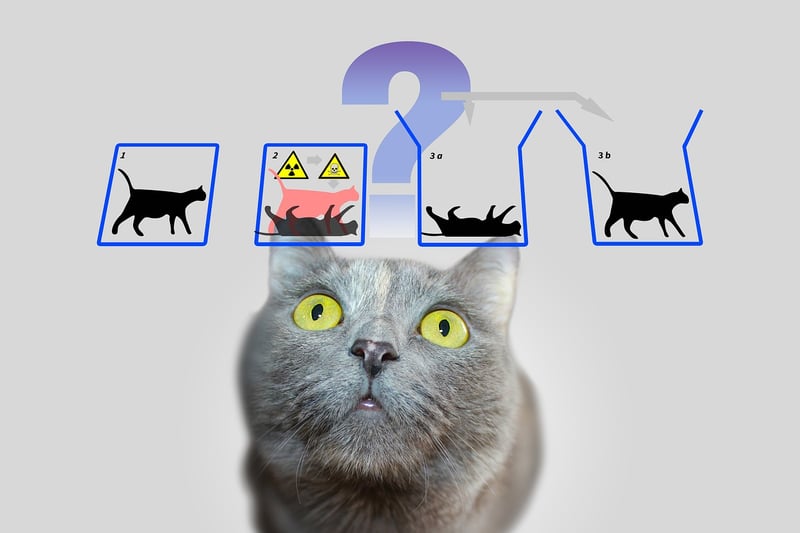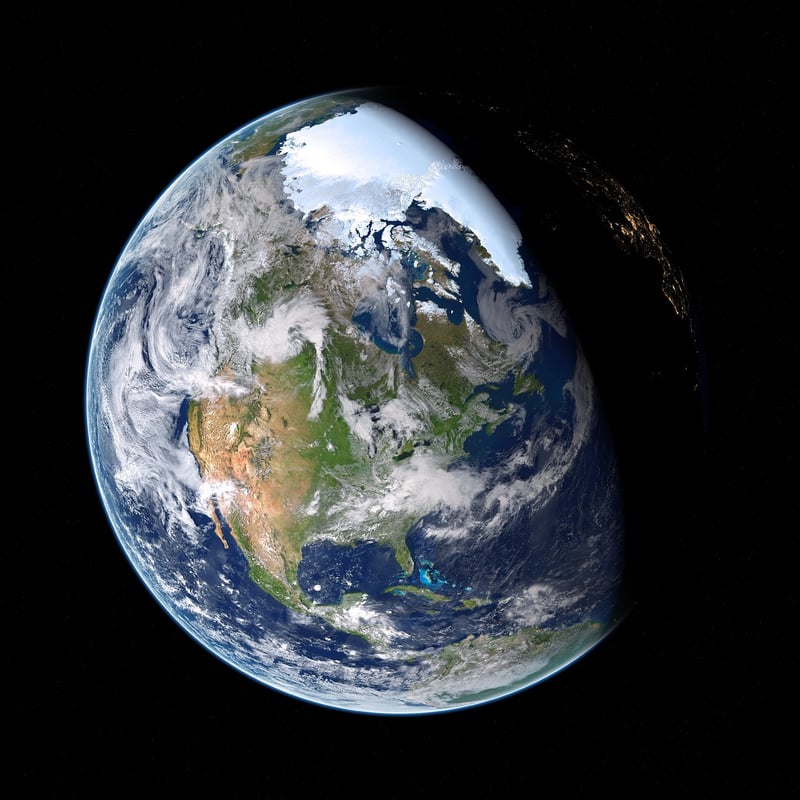Alternate Realities
The Fascinating World of Quantum Physics and Alternate Realities
Quantum physics is a branch of science that deals with the behavior of particles at the smallest scales, challenging our classical understanding of the physical world. It delves into the mysterious realm where particles can exist in multiple states simultaneously, a concept known as superposition, and where the act of observation can affect the outcome of an experiment, leading to the famous Schrödinger's cat paradox.
Key Concepts in Quantum Physics:
- Superposition: The ability of particles to exist in multiple states at once until measured.
- Quantum Entanglement: When two particles become connected and their states are dependent on each other regardless of distance.
- Quantum Tunneling: Particles can pass through energy barriers that would be impossible according to classical physics.

Alternate Realities and the Many-Worlds Interpretation:
One of the intriguing theories stemming from quantum physics is the Many-Worlds Interpretation. It suggests that every decision we make creates a new branch of reality, leading to a multiverse where all possible outcomes of an event exist simultaneously.
Implications of Alternate Realities:
- It challenges our traditional view of reality and opens up the possibility of infinite parallel universes.
- Provides a framework for understanding phenomena like déjà vu, precognition, and the Mandela Effect.

Exploring the Unknown:
While quantum physics and alternate realities may seem like concepts reserved for science fiction, ongoing research and experiments continue to push the boundaries of our understanding. Scientists and philosophers alike are captivated by the mysteries of the quantum world and the implications it may have on our perception of reality.
Whether you are a seasoned physicist or simply curious about the universe, the realms of quantum physics and alternate realities offer a captivating journey into the unknown.
